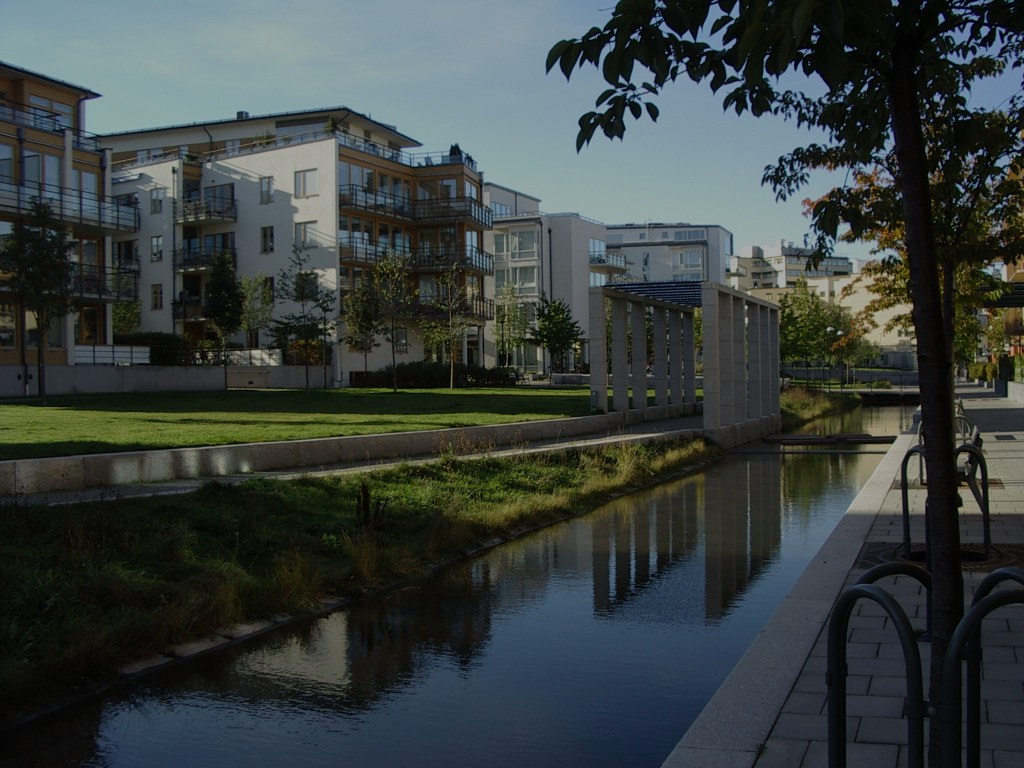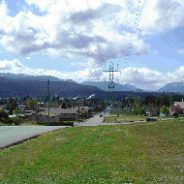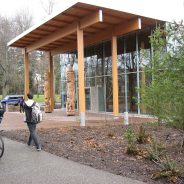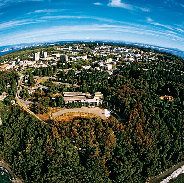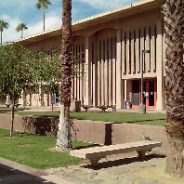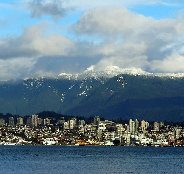City of Port Alberni District Energy System
Between 2009 and 2019, Farallon worked with the City of Port Alberni to find ways of reducing the city’s greenhouse gas emissions. Farallon’s work included the following: Completed an initial study of ways of recovering resources from waste, including producing Renewable Natural Gas from fish plant waste; recovering waste heat from local industry for distribution through a district energy system; replacing natural gas in local buildings with a district energy system based on waste biomass which was being disposed of in open burning. Completed...
read moreUniversity of Victoria Biomass Energy Study
In 2013, Farallon was part of a team headed by FVB Energy and Dalkia Canada that was engaged by the University of Victoria to complete a feasibility study for a biomass energy system. Our work included evaluating the costs and benefits of a larger, community-scale district energy system, developing an anaerobic digestion facility to produce designated Renewable Natural Gas for the University of Victoria, and recommending advanced pollution controls to reduce emissions from biomass combustion. Farallon was also responsible for modelling...
read moreCity of Courtenay District Energy Study
In 2012 Farallon was engaged by the City of Courtenay to study the feasibility of a district energy system which could replace fossil fuels in the North Island College campus, the Comox Valley Recreation Centre, and the planned Comox Valley Hospital in Courtenay. Farallon hired FVB Energy Inc. for this study, which concluded that a district energy system would be viable if its development is coordinated with the design of the planned Comox Valley...
read moreComox Valley Regional Intgrated Resource Recovery Study
In 2012 Farallon completed a comprehensive Integrated Resource Recovery study for the Comox Valley Regional District. The study examined opportunities for recovering energy and other resources from the potable water system, liquid waste, solid waste, and industrial waste heat. The study found that an integrated solution for regional solid waste based on source separation would reduce the capital cost of waste management to taxpayers by an estimated $20 million and also generate an estimated $1.9 million/year of revenues, rather than a cost of...
read moreVancouver Island Health Authority Sustainable Energy
Farallon was engaged by Island Health to develop options for providing the Royal Jubilee Hospital and the surrounding community with sustainable sources of energy. The study reviewed a wide variety of options, including energy recovery from wastewater, liquid biofuels, biogas from organic waste, and cogeneration and thermal energy alone from biomass. The study found that the lifecycle costs of a sustainable energy system would be lower than business-as-usual options for the Hospital and community. Farallon was the principal consultant for...
read moreUBC’s UTown Community Energy and Emissions Plan
In 2012, Farallon was engaged by the Sustainability Solutions Group to provide industrial ecology options as part of the development of UBC’s Community Energy and Emissions Plan for UTown, the residential community of the Vancouver campus. Farallon developed the concept of a UBC Biomethane Energy Research Centre which would reduce greenhouse gas emissions by a minimum of 23,000 tonnes per year and a maximum of 130,000 tonnes per year for a larger-scale system. At the larger scale, all greenhouse gas emissions from UBC operations would...
read moreCollege of the Desert Sustainability Guidelines
In collaboration with Terence Williams Architect Inc., engaged in the development of sustainability guidelines and sustainability performance targets for the design and construction of buildings on the new West Campus in Palm Springs. The guidelines incorporate industrial ecology principles and go beyond individual buildings to include the surrounding community, to make the campus a net producer of greenhouse gas-neutral energy. The guidelines resulted in the College receiving the Community College Facility Coalition’s Professional...
read moreMetro Vancouver’s North Shore Resource Recovery Study
In 2010, Farallon was engaged in an extensive study commissioned by Metro Vancouver to identify Integrated Resource Recovery (IRR, also known as Integrated Resource Management or IRM) opportunities, and to evaluate the feasibility and economics of recovering energy and water from solid and liquid waste in the North Shore communities. Metro Vancouver was prompted to initiate the study in part because of the need to upgrade wastewater treatment on the North Shore to meet new Federal requirements, and in part to investigate options for managing...
read moreRoyal Roads University Energy Independence Study
In 2008, Farallon worked with WorleyParsons Komex and Richard Iredale Architects, to identify and evaluate opportunities for making Royal Roads University self-sufficient with respect to electricity, heat, and water (Sustainable Organization of Energy, Water and Material Flows for Royal Roads University). This work was initiated as part of the process to update the University’s Sustainability Master Plan, and to find alternative energy sources for the planned Robert Bateman Centre on the campus. The main idea generated from this work is...
read moreQuesnel Community Electricity and Heating Project
In 2008 Farallon completed a study for the Quesnel Community and Economic Development Corporation outlining the best options for resource recovery in the community. The top-ranked project is a community electricity and heating system. The system will generate electricity with a low-temperature Organic Rankine Cycle turbine, which will in turn produce waste heat for a district heating system. Fourteen buildings will be served by this system, including the local hospital, City Hall, an arena, an education facility, and a retirement home. ...
read more